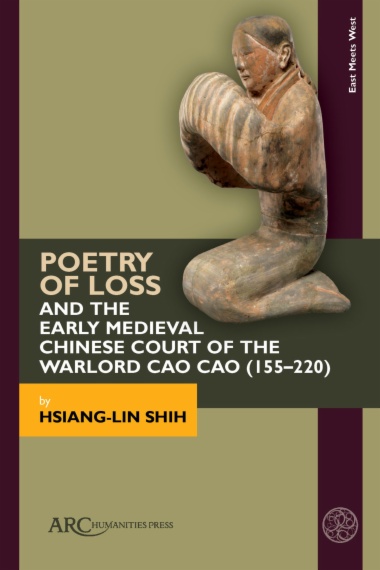

Upon the fall of the Han empire, the warlord Cao Cao (155–220) established a new political domain. The Cao court became known for its accomplished writers, including the warlord himself and two of his sons, Cao Pi (187–226) and Cao Zhi (192–232). Afflicted by sibling rivalry and an epidemic, these poets distinguished themselves by writing about frustration, sorrow, and death.
Yet, as observed in Poetry of Loss, the poets drew on experiences of loss to reinvent the court, its collective memory, and its ways of remembering. While addressing melancholy and nostalgia, they also meditated on such themes as aging, widowhood, and parental loss. In this book, Hsiang-Lin Shih reconstructs a network of courtly texts and uncovers new inter-and-intra textual elements of the works. She shows how writers at the Cao court employed their poetic art to establish, develop, and sustain a community in each difficult moment of their intertwined lives.